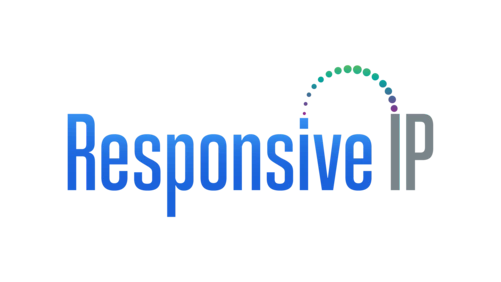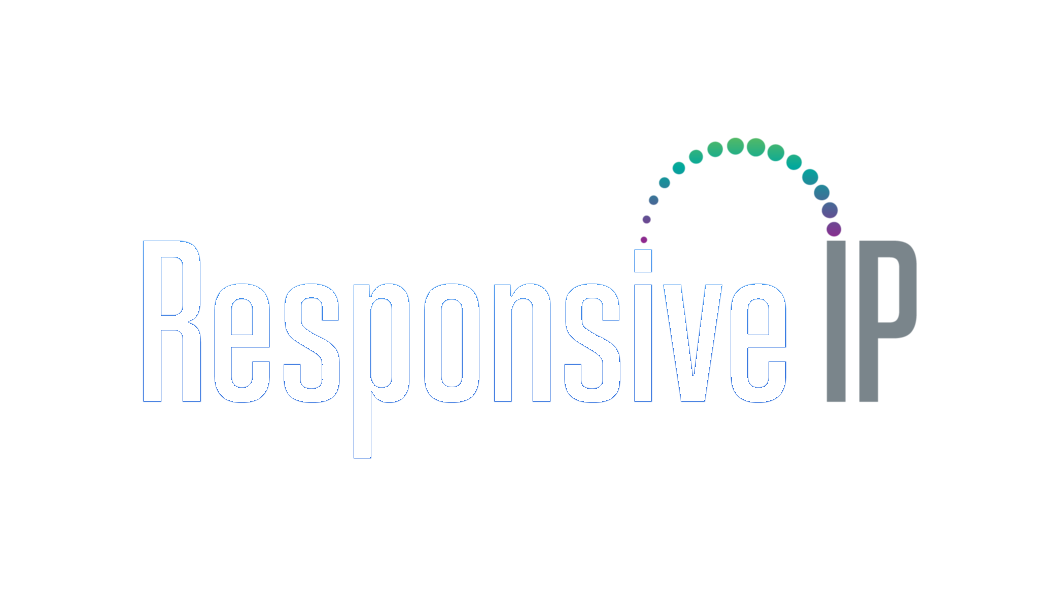Which technology can be used to protect voip against eavesdropping

In a world where communication is key, Voice over Internet Protocol (VoIP) has revolutionized the way we connect. However, with this convenience comes the looming threat of eavesdropping. In this article, we will delve into the various technologies that can be employed to protect VoIP against eavesdropping. Let’s demystify the complexities and explore solutions in a language everyone can understand.
1. Introduction
Voice over Internet Protocol (VoIP) has seamlessly woven itself into our daily communication fabric. But with great connectivity comes great responsibility. How can we ensure our voice conversations remain private and shielded from prying ears? Let’s explore the technological arsenal at our disposal.
2. Understanding VoIP
VoIP enables voice communication over the internet, transforming analog signals into digital data packets. This revolution has brought cost-effective and efficient communication, but it’s not without vulnerabilities.
3. The Eavesdropping Menace
Picture this: Your confidential business call intercepted by an eavesdropper. It’s a chilling thought, right? Eavesdropping on VoIP is a real threat, and understanding its implications is the first step towards securing your conversations.
4. Encryption: A Digital Shield
Just as envelopes protect written letters, encryption safeguards your digital conversations. Implementing end-to-end encryption ensures that your voice data remains secure, only accessible to the intended recipient.
5. VPNs: Virtual Guardians
Virtual Private Networks (VPNs) act as digital bodyguards for your VoIP traffic. They create a secure tunnel, shielding your communication from potential eavesdroppers.
6. Firewalls: Gatekeepers of VoIP
Just like a fortress protects a kingdom, firewalls act as the guardians of your VoIP network. They monitor and control incoming and outgoing traffic, adding an extra layer of defense against eavesdropping.
7. Secure SIP (Session Initiation Protocol)
SIP, the protocol responsible for initiating, modifying, and terminating VoIP sessions, can be vulnerable. Securing it through encryption and other measures ensures a fortified defense against eavesdropping attempts.
8. Regular Software Updates
Think of software updates as vaccinations for your system. Regularly updating your VoIP software patches vulnerabilities, strengthening your defense against evolving eavesdropping techniques.
9. Two-Factor Authentication (2FA)
Adding an extra layer of authentication beyond passwords, 2FA acts as a digital bouncer, ensuring only authorized users gain access to your VoIP system.
10. Intrusion Detection Systems (IDS)
An IDS is like a vigilant security guard. It monitors your network for suspicious activities, immediately raising the alarm if it detects any potential eavesdropping attempts.
11. Physical Security Measures
Securing the physical infrastructure of your VoIP system is as crucial as digital measures. Limiting access to hardware and employing surveillance adds an extra layer of protection.
12. Choosing Strong Passwords
Your password is the front door to your VoIP kingdom. Opt for strong, unique passwords that act as an impregnable barrier against unauthorized access.
13. Constant Vigilance: Monitoring VoIP Traffic
Regularly monitoring your VoIP traffic allows you to detect any anomalies or suspicious patterns, enabling swift action against potential eavesdropping.
14. Vendor Selection Matters
Not all vendors are created equal. Choosing a reputable VoIP service provider ensures that you’re entrusting your communication to a secure and reliable partner.
15. Conclusion
Securing your VoIP against eavesdropping is a multi-faceted endeavor. By implementing a combination of encryption, VPNs, firewalls, and other security measures, you can create a robust defense against potential threats.
FAQs: Safeguarding Your VoIP
Q1: What is the primary threat of VoIP eavesdropping?
The primary threat is unauthorized individuals intercepting and listening to your voice conversations without your knowledge or consent.
Q2: How does encryption protect VoIP?
Encryption transforms your voice data into a secure code, ensuring that only the intended recipient can decipher and understand the conversation.
Q3: Why are regular software updates crucial for VoIP security?
Regular updates patch vulnerabilities, closing potential entry points for eavesdroppers and enhancing overall system security.
Q4: How does 2FA enhance VoIP security?
Two-Factor Authentication adds an extra layer of protection by requiring users to provide two forms of identification, reducing the risk of unauthorized access.
Q5: Why is vendor selection important for VoIP security?
Choosing a reputable vendor ensures that your VoIP service is built on a secure foundation, minimizing the risk of eavesdropping and other security threats.
 In a world where communication is key, Voice over Internet Protocol (VoIP) has revolutionized the way we connect. However, with this convenience comes the looming threat of eavesdropping. In this article, we will delve into the various technologies that can be employed to protect VoIP against eavesdropping. Let’s demystify the complexities and explore solutions in a language everyone can understand.
In a world where communication is key, Voice over Internet Protocol (VoIP) has revolutionized the way we connect. However, with this convenience comes the looming threat of eavesdropping. In this article, we will delve into the various technologies that can be employed to protect VoIP against eavesdropping. Let’s demystify the complexities and explore solutions in a language everyone can understand.
